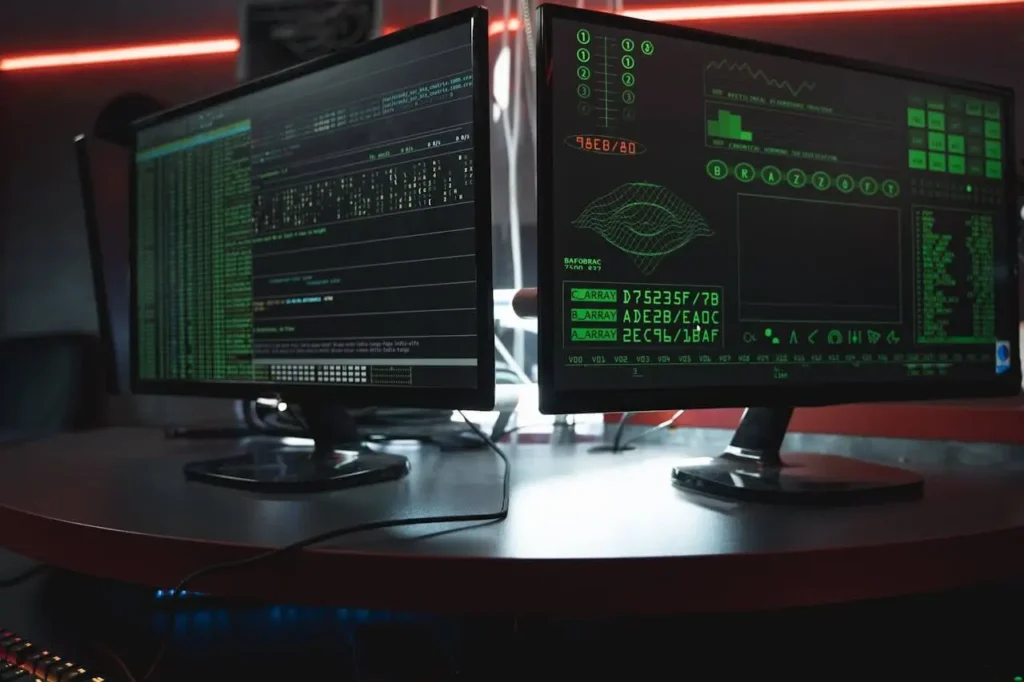In a recent evaluation, the Louisiana Legislative Auditor highlighted lapses in Bayou Vermilion District cybersecurity. The audit, released earlier this week, highlights the urgent need for improved cybersecurity protocols after a troubling incident involving the theft of nearly $150,000 from the district’s accounts.
The report details that in March 2023, the Bayou Vermilion District fell victim to a sophisticated business email compromise scam. Hackers exploited vulnerabilities in the district’s cybersecurity framework, leading to a substantial financial loss.
The incident prompted immediate action from the district, which reported the theft to the Louisiana Legislative Auditor and various law enforcement agencies. According to the executive director, the stolen funds have been largely recovered, and corrective measures are underway.
Lapses in Bayou Vermilion District Cybersecurity Measures
The audit’s Section II – Financial Statement Findings, under reference 2023-001, identifies a critical lapse in the Bayou Vermilion District cybersecurity measures. The auditor’s findings reveal that the Bayou Vermilion District lacked adequate controls over cybersecurity and electronic cash disbursements.Â
Specifically, the district did not have the necessary procedures in place to prevent or detect fraud. This oversight resulted in significant financial loss due to a failure in cybersecurity training and electronic disbursement authorization.
The report emphasizes that organizations must implement robust cybersecurity policies and training to safeguard against fraud attempts, such as phishing and other scam tactics. Moreover, the auditor recommends that organizations establish verbal communication with vendors prior to processing electronic payments exceeding a specified threshold.
This step could serve as a critical safeguard against the lapses in the Bayou Vermilion District cybersecurity measures.
Recommendations for Improved Cybersecurity Measures
The Louisiana Legislative Auditor’s recommendations call for comprehensive reforms to enhance cybersecurity measures in the Bayou Vermilion District. The auditor suggests that the district should implement strict procedures for internal and external financial security, focusing on accounts payable control and verification. These recommendations aim to fortify the district’s defenses against future cyber threats and minimize the risk of monetary loss.
In response to the audit’s findings, Stephen Broussard, the executive director of the Bayou Vermilion District, has indicated that the district is actively addressing the identified issues. The management collaborates with an external accounting firm to resolve outstanding checks and is committed to aligning with unclaimed property laws.
The audit also scrutinized the district’s information technology disaster recovery and business continuity practices. The review included several procedures to assess the adequacy of the district’s data backup and recovery processes. The findings revealed that while the district has documented its data backup procedures and performed regular tests of data restoration, there are areas requiring improvement.
Summing Up!
The audit confirmed that backups occur weekly, are encrypted, and are not stored on local servers or networks. Additionally, the district’s antivirus software and operating systems are up-to-date, and terminated employees are removed or disabled from the network as required. The audit also verified that employees with access to the district’s IT assets have completed the necessary cybersecurity training mandated by R.S. 42:1267.
The Louisiana Legislative Auditor’s report serves as a crucial reminder of the importance of cybersecurity measures in the Bayou Vermilion District. As the district continues to address these concerns, implementing the recommended changes will be essential to strengthening its cybersecurity posture and safeguarding against future threats.
By adhering to these recommendations, the Bayou Vermilion District aims to build a more resilient financial and IT infrastructure, ultimately ensuring better protection for its assets and reducing the risk of similar incidents in the future.
Source: Read More


